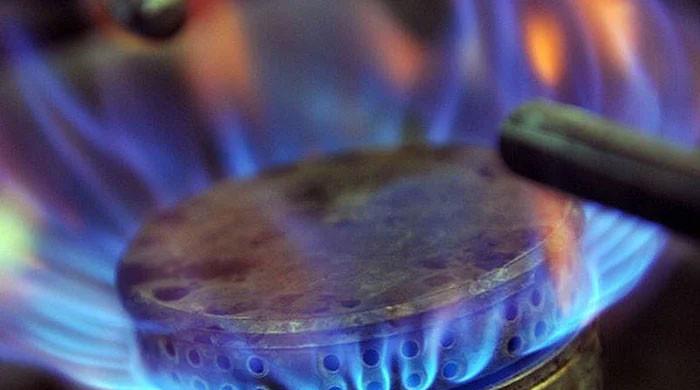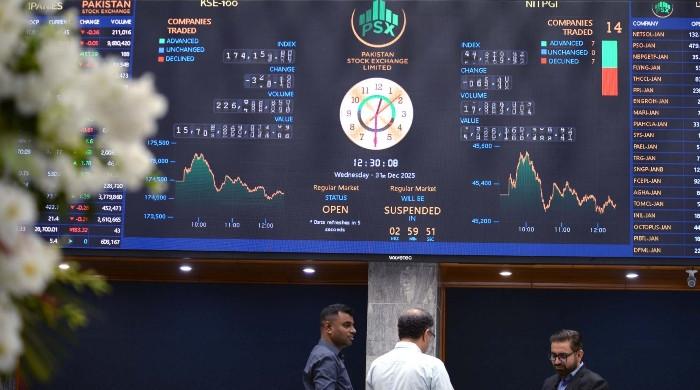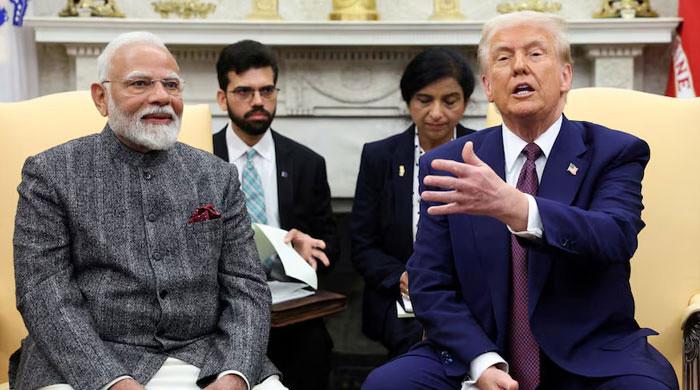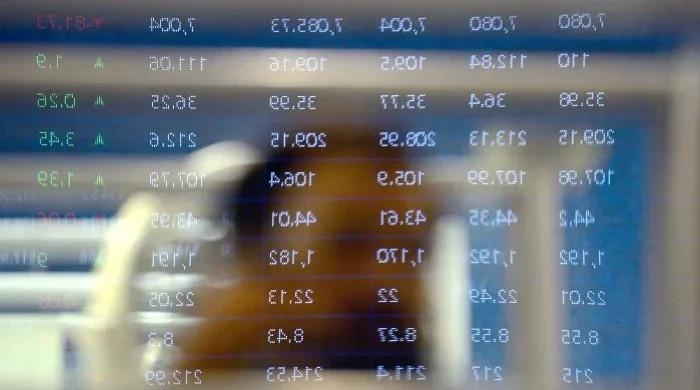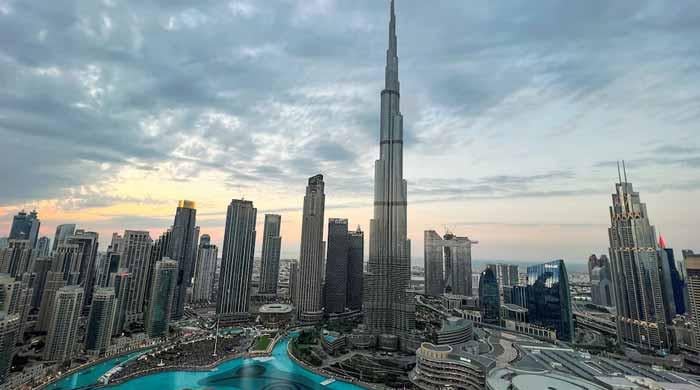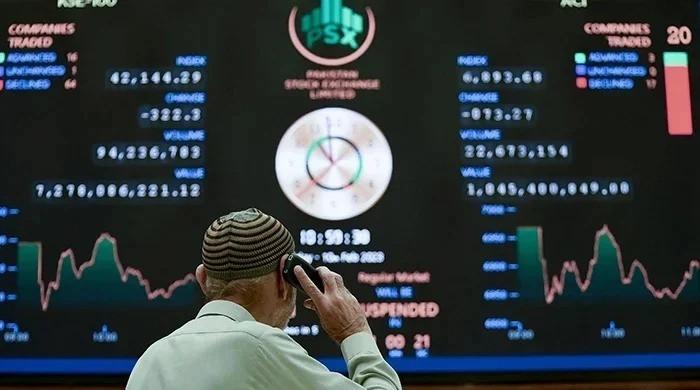Will there be any relief in electricity bills? Here's what experts say
Experts say country knows that majority of IPPs are directly and indirectly owned by people who are part of past and present governments
August 02, 2024
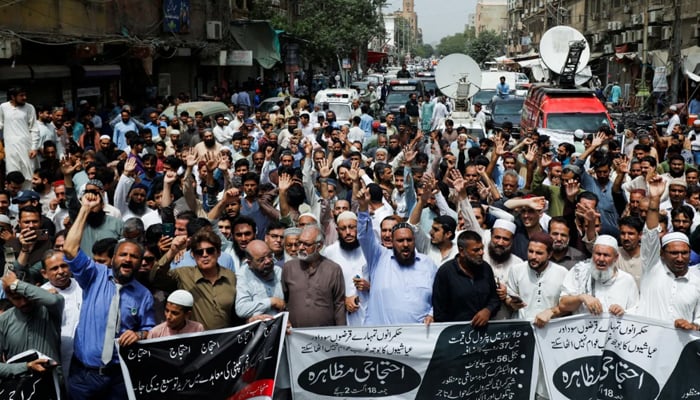
The Applied Economics Research Center (AERC) of the University of Karachi arranged a discussion on the challenges and solutions regarding the country’s energy crisis on Thursday.
Speakers during the event — Pakistan’s energy crisis and IPPs: how overbilling impacts quality of life and pathways to solutions — observed that the Independent Power Producers (IPPs) are enjoying freehand in Pakistan and there is no check and balance over their performance, outputs, and especially agreements signed with them.
They informed the audience that now the country knows that the majority of IPPs are directly and indirectly owned by the people who are part of past and present governments, and also realise that that is why no strict action is being taken against the IPPs which have a very poor record.
Mohammed Sabir from Social Policy Development Center Karachi shared that the electricity tariff would not come down until the concerned authorities give priority to the masses rather than their own interest.
He said that it is so unfortunate that we import coal to produce electricity rather than availing our own coal resources. He mentioned that most of the agreements with the IPPs were matured without thinking about the public.
Mohammad Sabir shared that those IPPs who are not supplying power at all are also being paid in full and on time. On the other hand, matters like expensive agreements with the IPPs, line losses, and overbilling have now become a matter of survival for us.
AERC faculty member Dr Aamir Siddiqui believes that electricity charges are not going to decrease in Pakistan soon, because the government has made petrol and electricity a source of income.
He said that the past and present governments have made sure to safeguard the benefits of the IPPs which eventually damage the country’s exchequer badly and deprive the public of their basic rights also.
He noted that despite severe criticism from the public, the government is not ready to revise the unfair agreements with the IPPs. Dr Amir expressed that despite having around 100 IPPs in the country, electricity charges are regularly increasing whereas they should remain less, but nothing is happening in favour of the masses.
He added that Pakistan is generating more power than the demand but still many cities face prolonged load shedding while charges are skyrocketing, which is a matter of concern.
Dr Amir added that the culture of IPPs started in 1994 and no government bothers to revise the agreement nor do they bond to direct the IPPs to improve their quality and services even though they are paid in dollars or amounts equivalent to the dollar exchange rates.
Another faculty member from the AERC Dr Fouzia Sohail shared that before September 2008, standard slabs of less than or equal to 50 units, 1-100 units, 101-300 units, 301-1000 units, and more than 1000 units were in use in Karachi which was replaced after September 2008 with 1-100 units, 101-300 units, 301-700 units, and more than 700 units and since 2014, we are paying different amounts for 1-100 units, 101-200 units, 201-300 units, 301-700 units and more than 700 units, and all bills are charged on the highest slab rates.
She said that due to the increase in tariff, low-income households, on average allocated less on health, transport, communication, recreation, education, housing, and fuel.
"More or less, a similar pattern is observed for middle-income households, and high-income households also altered their budgets except for transport and restaurants."
She noted that the increased electricity prices compelled poor households to cut their spending on commodities other than necessities.
On the other hand, she said, it raises the cost of different food and non-food items, which increases the expenditure of poor households on essential goods. For low-income households, a Rs1000 increase in electricity expenditure is accompanied by a decrease in food expenditure, and health expenditures are crowded out at all income levels.




